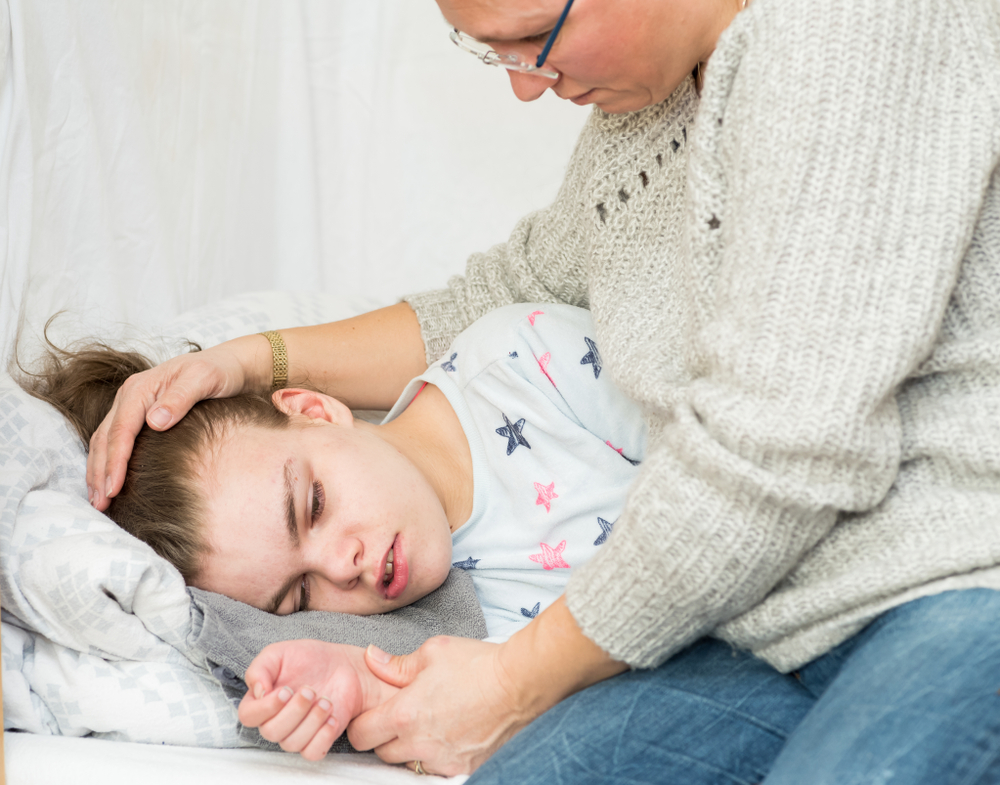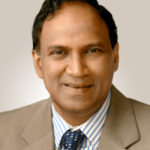Epilepsy in Children and Ways to Manage it

Epilepsy is the fourth most common neurological disorder in the world, causing chronic and unpredictable seizures. It can affect people of all ages, even children.
A child is diagnosed with epilepsy when they have at least two unprovoked seizures that were not caused by a known reversible medical condition.
During a seizure, brain cells either excite or stop other brain cells from sending electrical signals. Usually, the brain has a balance of cells that excite and cells that stop the messages. When a seizure occurs though, there may be too much or too little activity, causing an imbalance between exciting and stopping activity. The chemical changes can lead to surges of electrical activity, resulting in a seizure.
Everyone who has a seizure will not experience it the same way. Some people may experience warning signs before, like an aura, while others experience nothing at all.
What causes epilepsy in children?
In about half of the people with epilepsy, the cause is not known. In the other half, a variety of factors can be responsible. This includes fever (febrile seizures), genetic disorders, head injuries, infections of the brains and its coverings, lack of oxygen to the brain, excess water in the brain cavities (hydrocephalus) or disorders of brain development. Very rare causes can be brain malformation and tumours.
What should I do when a child is having a seizure?
The best first aid for a child who is having a seizure is to gently roll him/her onto their side and support their head. Observe the child’s breathing to make sure that it is normal. Additionally, these steps can be followed:
- Stay with the child until the seizure has ended and he/she is fully awake.
- Help them to a place where they can sit safely, and tell them slowly what happened.
- Speak calmly and comfort them.
- In case the child is someone you don’t know and has a seizure in a public place, call a taxi/ drop them home.
- The children will require medical attention only if they have never had a seizure before, they have difficulty breathing or waking up, the seizure lasts longer than five minutes, they have a seizure shortly after the first one or they have been hurt during the seizure.
What should I NOT do when a child is having a seizure?
NEVER try to restrain a child by holding them down and trying to stop movement. This will increase the child’s chance of breaking a bone or dislocating a shoulder. Avoid doing any of the following too:
- Do not put anything into their mouth, including your hand. This may cause the child to choke, could chip their teeth, cut their gums or even dislocate/break their jaw. Contrary to popular belief, you can’t swallow your tongue during a seizure or otherwise; it’s physically impossible.
- Do not perform CPR. Normal breathing resumes on its own after the seizure.
- Do not offer water or food until the child is fully alert.
Will children with epilepsy be able to live normal lives?
The answer is yes. Children can still live long and normal lives, even with epilepsy. While there is not a hard and true cure, it can be managed with medication. Sometimes epilepsy goes away on its own, and sometimes it can show up with provocation.
Some may face difficulties in other ways. For example, some children may feel alone, embarrassed or different from others. Furthermore, some children may have difficulties in engaging in social situations, inadequate social skills and low self-esteem. This is why it is important for educators, health care providers and parents to all work together so that the child
How OMNI Hospital’s methods are different?
OMNI RK believes in teamwork. The quality of management is enhanced by up-to-date evidence-based approaches and empowering parents with knowledge and support to deal with epilepsy.
About the doctor:
Dr Kandula Radha Krishna is a Managing Director and Chief Consultant Paediatrician. He is the city’s best paediatrician with 32 years of rich experience. More than 200 paediatricians have trained under him. He has also worked as Assistant Professor and Professor at AMC, GEMS & NIMS Medical Colleges.
Dr Radha Krishna Kandula has made a rather exceptional name in the city. According to many, the doctor classifies as one of the ‘go-to’ general physicians in the area. The stronghold he has in the medical field has not only drawn in patients from in and around the vicinity but from across the city as well. He is the best child specialist taking medical care of children suffering from mental health issues.
About Omni RK:
Omni RK, Vizag has an outstanding reputation when it comes to child care. The department of paediatrics and neonatology is the best in the country. With Dr Radha Krishna Kandula heading the hospital and the paediatrics department, Omni RK is concurring new heights every day. We have the best experts and sophisticated instruments to provide the best care that your child deserves.

Managing Director, Chief Consultant Paediatrician
